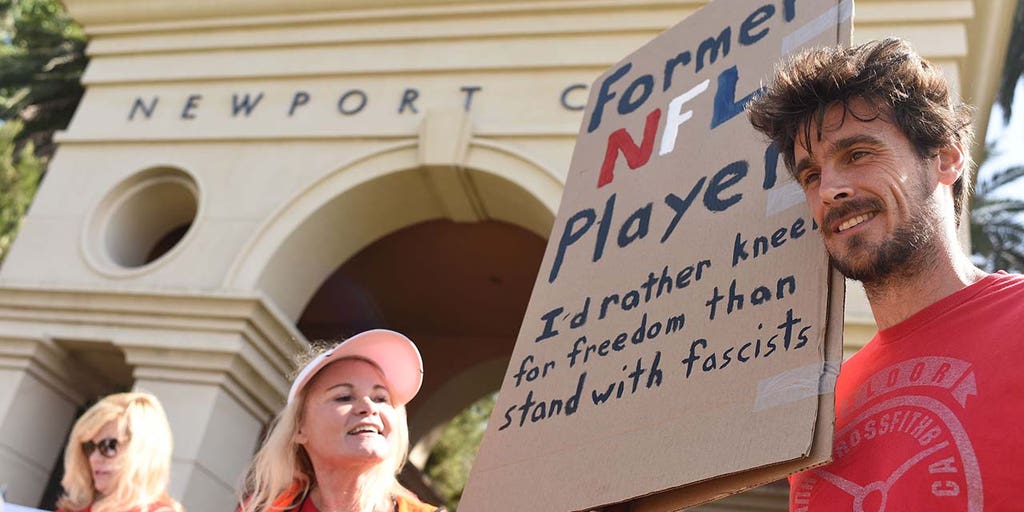Autistic Child Experiences Speech Improvement with Old Drug Leucovorin

A mother shares her son's speech improvement after using leucovorin, an old drug typically prescribed for cancer side effects, highlighting challenges in getting it FDA approved for autism treatment.
Caroline Connor's concerns regarding her son Mason's development started around his first birthday when she noticed he wasn't talking or using any words. Despite their pediatrician's initial lack of concern, the speech delay persisted. Mason was diagnosed with autism at 2 and a half years old.
The Connors embarked on a mission to find any potential help. "We just started researching on our own. And that's when my husband Joe came across Dr. Frye in a research study he was doing," Caroline noted.
Dr. Richard Frye, a pediatric neurologist, is among numerous doctors investigating treatments that may assist children with autism. His research focuses on leucovorin, an inexpensive, generic medication derived from folic acid, also recognized as vitamin B9. Currently, leucovorin is prescribed to mitigate side effects from chemotherapy.
"It could really have a substantial impact on a very good percentage of children with autism," Frye explained.
The hypothesis surrounding the drug's use for autism suggests that some children may experience a blockage in folic acid transport into the brain, contributing to various neurological issues associated with the disorder. Leucovorin has the potential to bypass this blockage, aiding some autistic children in improving their verbal skills.
Remarkably, Mason Connor uttered his first words just three days after beginning leucovorin treatment at the age of 3, according to his parents.
Currently, doctors can only prescribe leucovorin off-label for autism, which involves repurposing a drug approved for one condition to treat another.
"We've done the science, and the next step is that we want to get more funding so we can actually get it FDA approved," Frye stated.
However, a significant obstacle exists.
"Leucovorin's an old drug and you can get it for a very low price. So nobody is going to make a lot of money on it. So there's no reason for them to invest," Frye remarked.
According to nonprofit Every Cure, an estimated 20-30% of prescriptions in the U.S. are off-label, and there are over 14,000 known human diseases without FDA-approved drugs for treatment.
Dr. David Fajgenbaum expressed, "I'm literally alive today from a repurposed drug" after battling a rare cancer-like disease that nearly claimed his life. His research led him to a medication intended for a different condition.
"It's heartbreaking to think about drugs being on the pharmacy shelf while someone suffers from a disease," Fajgenbaum added.
His organization, Every Cure, employs AI to analyze available medical data regarding diseases and treatments to discover potential matches.
"I think our system is flawed and there's this major gap where drug companies excel at developing new drugs for new diseases, and we as a system are really deficient at finding new diseases for old drugs," Fajgenbaum concluded.
Mason is now 5 years old, with plans for him to begin mainstream kindergarten in the fall, aided on his new path by an old medicine.





















